European gas with a Russian flavour
Russia's military aggression led to a radical change in logistics on the Ukrainian market of petroleum products, including liquefied gas. Instead of Russia and Belarus, Poland, Romania, Lithuania and Latvia became the main suppliers of liquefied hydrocarbon gas for Ukraine. However, this does not mean a complete rejection of Russian fuel. There are reasons to believe that products from the aggressor country continue to enter Ukraine, this time from the territory of the European Union. The development of this trend is facilitated by the excellent requirements for the preparation of documents on the origin of goods and the low moral standard of the trading community in Ukraine and the EU.
Gas werewolves
From April 2022 until today, trading platforms are full of gas offers in Vilnius, Riga, Kaunas, Daugavpils and other points in Lithuania and Latvia, where even a year ago all LPG trading was quite low (see Fig. 1).
During the full-scale war in 2022, 82 thousand tons of liquefied gas were shipped from Latvia and Lithuania to Ukraine. At the same time, by the end of the year, the pace increased significantly. In addition, all these products are delivered to Ukraine by road transport. An understandable and adequate explanation for the acute shortage of gas could be that it is supplied from quite remote places, but the last time we heard about the acute shortage of gas in Ukraine in May 2022.
The success of the new route owes to one factor - price. Gas at Latvian bases is much cheaper than the European resource in any neighboring country. In January, the difference between the prices of different sources of supply exceeded 120 USD/ton, or 15% (see Fig. 2). It is precisely because of this factor that many Ukrainian traders switched completely to Baltic gas supply.
According to the "A-95 Consulting Group", for March-December 2022, only 5% of the volume of gas from the Baltics had a certificate of Orlen – a Polish oil refining company, 38% had another certificate, usually EUR1, and 57% of the gas went to Ukrainian gas storage facilities without a certificate at all (see Fig. 3). In the first case, when there are no documents of the gas origin, it will be necessary to pay a special duty of 3%, in the second one - entry is free of charge.
Where does so much gas come from in the Baltic region? Eurostat clearly shows that up to 90% of gas comes there from Russia (see Fig. 4–6).
That is, all the gas that goes from the Baltic countries without a certificate is Russian. This fact should be clear. But what about the gas that has a EUR1 certificate? With this document, the supplier declares that the batch contains at least 51% gas of the European origin. In order to create 34 thousand tons of "European" gas for Ukraine during the ten months of the war, sellers in Lithuania and Latvia would have to purchase about 17 thousand tons of gas produced by the EU. Theoretically, it could be the products of the Orlen Lietuva plant in the city of Mazeikiai, the only producer in the Baltics, especially since almost all batches are generously accompanied with quality certificates of the Lithuanian oil refinery. However, the quality certificate has neither addressee nor unique number, nor is it linked to a specific batch, that is, it is only of a reference nature.
Calculations show that the gas produced at the Mazeikiai Refinery is unlikely to be enough to give 51% for the “Baltic mix” in the mentioned volumes. Apart from that, up to 75% of the plant's resource is sold at the PKN Orlen gas station in Lithuania and Poland. With a monthly production of 10-12 thousand tons of gas at the Mazeikiai Refinery, at best 1-2 thousand tons of product is sold freely. In particular, according to Eurostat, about 13,000 tons went to Latvia. Thus, it is evidently Orlen gas, because there is plenty of Russian gas in Latvia. In addition, another 4.5 thousand tons were shipped directly from the Lithuanian plant to Ukrainian contractors.
A source in the Lithuanian office of Orlen also notes that in 2022, a significant part of the gas produced at the Mazeikiai Refinery did not leave the plant at all, but was used to meet its own needs instead of expensive natural gas. This happened at many oil refineries in Europe.
In general, it should be noted that it is very difficult to negotiate the sale of LPG with the Orlen concern. In addition, any trader who has ever tried to buy even a Mazeikiai gas car knows very well how difficult it is.
So how then is it possible to create such a large amount of EUR1 certified fuel? In this case, there are two options, and although they are hypothetical, the interviewed traders agree that both are viable. The first is that certificates can be obtained in a not entirely legal way. For example, you can submit not quite accurate documents to a body that imitates it (something like the Ukrainian Chamber of Commerce and Industry). "No one will check whether you really have a contract with a manufacturer in the EU, what volume has been purchased under this contract and how much has already been shipped. Moreover, no one will say exactly how many times the same volume has already been used to participate in the issuance of certificates, says a trader from Vilnius. According to him, the certificate of origin in Europe is not interesting or necessary for anyone, and from the point of view of the law, no one cares where the gas comes from. So really, it is necessary not to forget that the turnover of Russian gas in the EU is not prohibited and is not limited by anything.
"Our company sells gas with a certificate of origin when the client needs it," says the manager of the Lithuanian company. The interlocutor adds that a EUR1 certificate is not required for the sale of gas on the territory of the European Union, it is usually requested only by Ukrainians.
It should be noted here that a considerable flow of gas of Russian origin goes to Ukraine also from Poland, which, by the way, in 2022 kept the rate of import of Russian gas at the level of 2021. However, in addition to Russian gas, Poland also buys a lot of gas from Sweden, Germany, Kazakhstan, etc. Therefore, in theory, part of Russian gas can be consumed on its own domestic market, and part can go to Ukraine as part of the Euromix.
"Many companies in Poland buy and sell Russian gas, including to Ukraine. Besides, Poles are not forbidden to work with Russian suppliers, but they usually don't brag about it," the Polish trader admits.
The owner of a company in Warsaw says that even the exposure of frauds will not result in any sanctions. "After all, the LPG certificate of origin is an optional document. All efforts of the state are aimed at collecting taxes. If a person has cleared customs in Lithuania, Latvia or Poland, this individual can safely continue to sell it throughout the EU. Apart from that, if a person is engaged in exports, no significant problems will arise, the main thing is that all taxes are paid, no additional papers such as certificates of origin are of interest to anyone," says the trader.
The second option is a roundabout. Suppose a company from Lithuania, Latvia or Poland really mixed the export batch with European gas by more than 51% and honestly received the corresponding certificate. The only question is how many times this particular certificate was presented at the Ukrainian border. Sources in the Ukrainian customs say that the certificate number is among the list of documents required for cargo clearance, but there is neither task nor opportunity to check the number for previous use. "There is no open public register of certificates, checking all the data will take a huge amount of time," says an experienced trader familiar with the work of customs.
In general, the certificate is most often required by banks in order to reject a Belarusian product and certain companies from Russia against which European sanctions have been introduced. Avoiding customs duty in this case is a bonus.
Another geopolitical invention of the Baltic trading is trade in "Kazakh" gas. The origin is in quotation marks because LPG from the territory of Kazakhstan is supplied to the Baltic countries in tiny volumes. However, this does not prevent the trade in gas with a certificate of Kazakh origin from flourishing in Lithuania and Latvia. We are talking about the resource of the company "KazRosGaz" from Orenburg, which, although close to Kazakhstan, is not part of it at all. The company processes raw materials mined by it in Kazakhstan at the Orenburg GPP and directly sends its products for export with Kazakh documents. However, even Eurostat identifies this flow as Russian in its report. The question is whether the gas produced at the Gazprom plant, distributed by the Gazprom trader and sent to Europe in Gazprom cars is completely Kazakh, and this is a question that every Ukrainian trader should think about.
Summarizing the issue of certificates, it can be stated that a large part of the gas going to Ukraine from Latvia and Lithuania without an Orlen Lietuva certificate is of Russian origin. Also, an important argument in favor of the assessment made is the price. The price of mixed fuel from the Baltic countries has no adequate explanation. In addition, it is worth noting that even a real 51% European mix will be more expensive than Latvian sellers ask. All this is happening because of Russian "generosity". Since the beginning of the large-scale aggression, Russian producers have experienced considerable problems with LPG exports, so prices have fallen. At the end of last year, the exchange price of gas at factories in snowy Siberia was approximately 60 dollars/ton. One can imagine how interesting it is to sell the same gas in the Baltic region for $600-700. In addition, even considerable transportation costs (250–300 dollars) leave a huge margin for the Russians to reduce the price to a level affordable for Europeans.
Exorcism of the demon
The influx of Russian gas causes painful losses to companies that protect their reputation and avoid working with the bloody and infamous product. The head of a large Polish trading company believes that until there is a complete ban on the import of Russian gas, it will continue to influence the market. He claims that "In the end, everything will come to a situation where one will have to choose between conscience and profit. The situation will develop in this way, either everyone trades or no one, there is no third option," says the trader. He admits that he would like to say that Poland or even the EU could soon ban Russian LPG, but that would be untrue: "We are too dependent on Russian supplies, the country's leadership is well aware of the political consequences of their sudden cut." As for Europe, LPG is unlikely to come into its field of vision in the near future.
So it is necessary to prepare for the fact that the Russian resource will remain in Eastern Europe for a long time, providing Moscow not only with profits, but also with influence on energy security.
To understand the influence of Russian gas on the energy security of the market, a recent example can be mentioned. As of January 2023, the Baltic mix has become so cheap that it effectively made it impossible to import from other sources. Ukrainian traders faced the question raised by the Pole above: either you work with a Russian resource or you don't work at all. It turns out that the market will either be filled with Russian gas, or destabilized due to a shortage. In this case, both options are bad.
So how to eliminate the influence of Russian products on the Ukrainian market? There is no quick and 100% effective recipe. As we can see, it was not possible to rely only on the conscience of Ukrainian importers. We must face the truth: everyone knows well where the Baltic traders get their gas from, but the number of people willing to buy it does not decrease because of that.
The most common proposal is to increase the duty on oil products without a certificate. However, taking into account the profitability of the Baltic region for Russian manufacturers, a 10% tariff will not save the situation, it should be raised by about 25% or more.
Still, in this case, as always, there are several nuances. First of all, there is no problem to make a EUR1 certificate in Europe, as it turned out. In addition, there is no effective method for Ukrainian services to quickly check its authenticity and quality. Also, it is worth noting that raising the financial barrier for uncertified gas will not be successful without the introduction of strict control over the issuance of certificates of origin by Lithuania, Latvia, Poland and other countries. How quickly can it be implemented in neighboring countries?!
Secondly, even if certification is regimented, the Ukrainian market will remain open for 49% of Russian gas in the total volume of imports from Europe (see Fig. 7). During the war months, this amounts to about 150,000 tons...
One of the working options is based on a nuance that for some reason has been left behind for almost a year of the war. It was a surprise for many, but the import of Russian fuel into Ukraine is not prohibited. There are no petroleum products in the list of sanctioned goods, instead it lists a 3% special duty on autogas and a 4% duty on pipeline diesel – these are all the legal barriers that exist today for supply. "Of course, we are unlikely to allow customs clearance of a product with Russian documents, but their import is not prohibited by the letter of the law," says an employee from the Energy Customs.
So, perhaps it is worth starting with the introduction of severe punishment for working with Russian petroleum products? After all, the prospect of going to prison and serious criminal liability will obviously significantly narrow the circle of those willing to play with gas of infamous origin. At the same time, experienced traders understand that any increase in terms of responsibility or higher taxes will expand the already diverse opportunities of manipulation in this sector for civil servants. In addition, as experience shows, in such cases, honest operators will suffer the most.
Now it will also be appropriate to mention the experience of market regulation in a neighboring country. In Poland, access to the market of petroleum products, a strategic sphere of the national economy, is very difficult. Anyone who wants to buy a license (concession) immediately draws a lot of attention to his financial situation. The concession holder must keep a certain stock of fuel, that is, he is actually responsible for the stable functioning of the market. In addition, a big deposit in the bank acts as a financial obligation. The company risks this deposit in the event that it violates the law.
Concessions at one time barred the majority of non-systemic small players, who usually formed the basis of illegal schemes and did not bear any financial and economic responsibility for their activities. So, perhaps it is time to think about the systematization of the market in Ukraine as well, in order to increase its stability and the responsibility of its operators.
Finally, it should be noted that liquefied gas is not the only fuel that enters Ukraine in large volumes under the European label. In particular, there are many questions regarding the flow of diesel fuel imports both from the west and from the south, but that is the top.
Read this article in russian and Ukrainian.
Please select it with the mouse and press Ctrl+Enter or Submit a bug










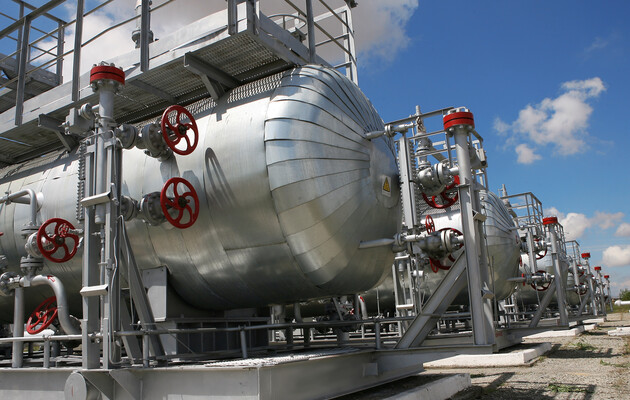


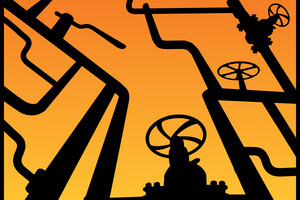

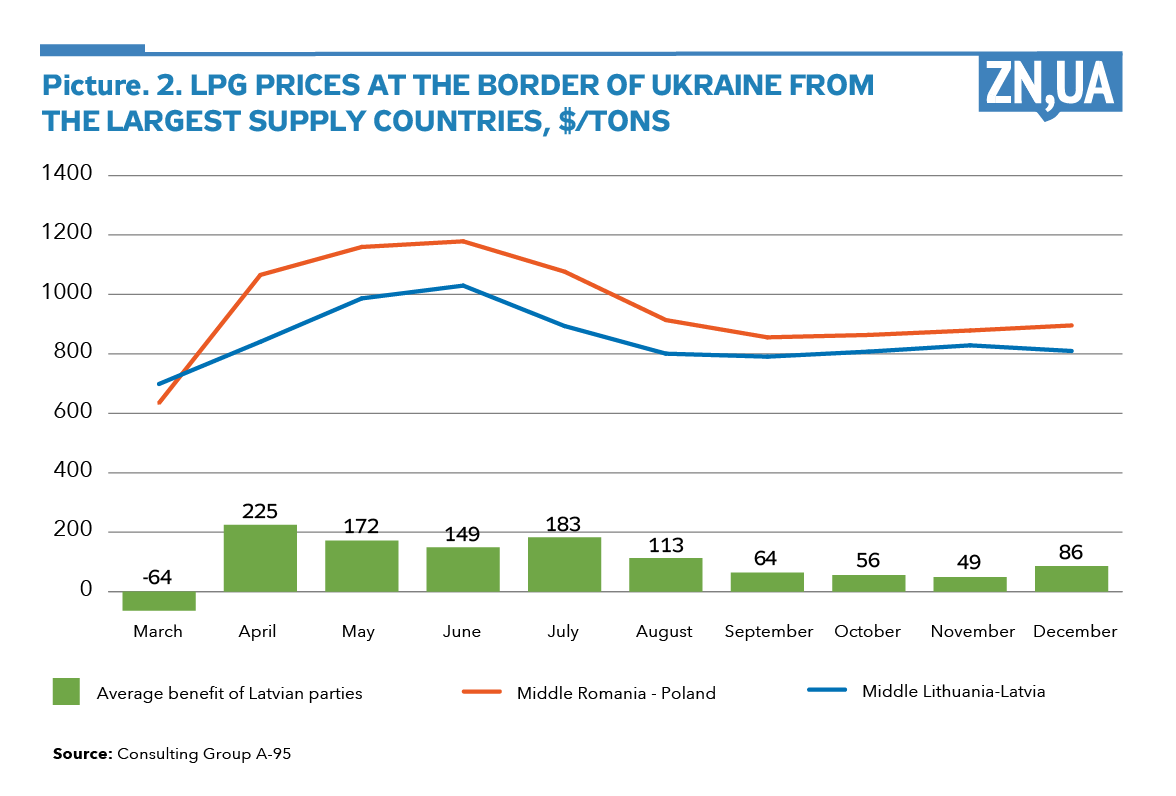
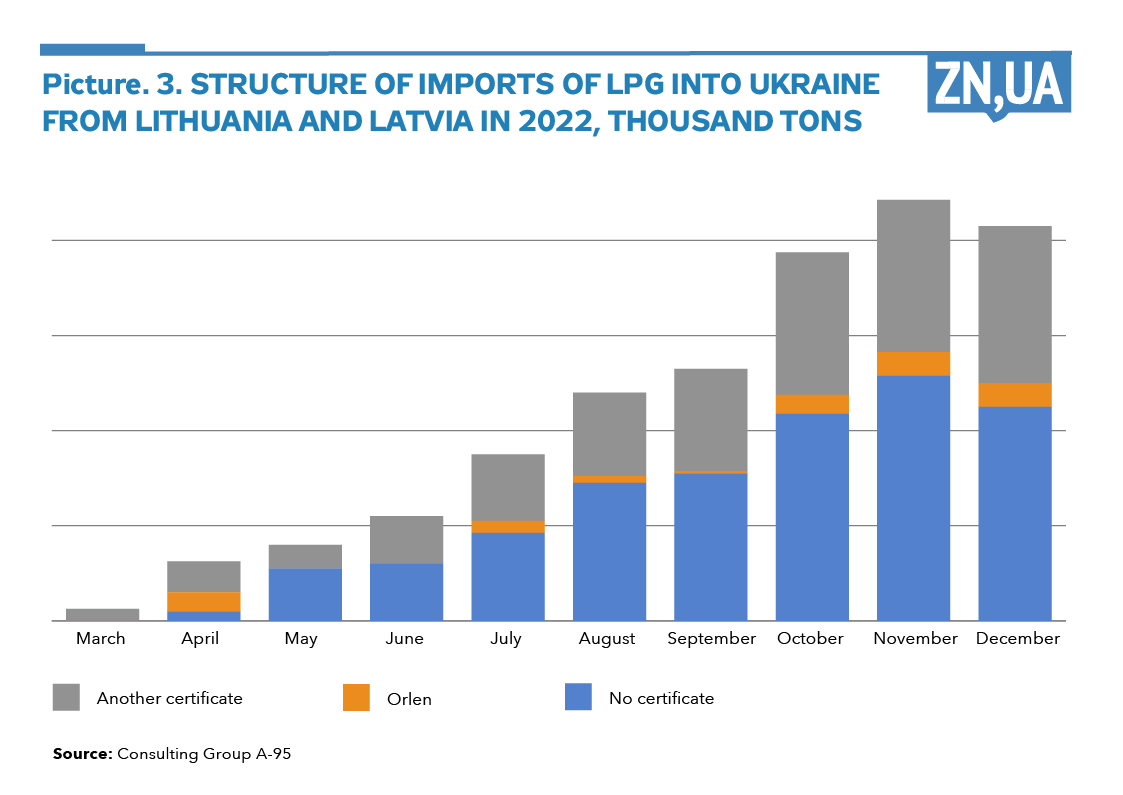
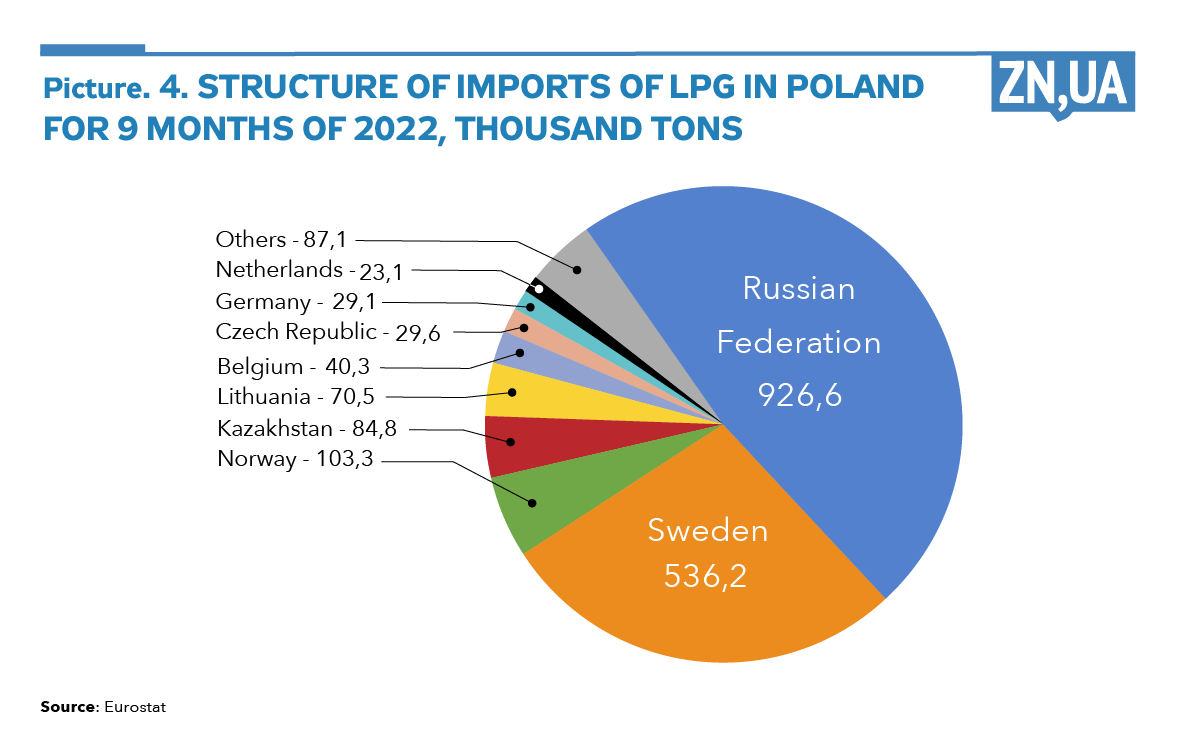
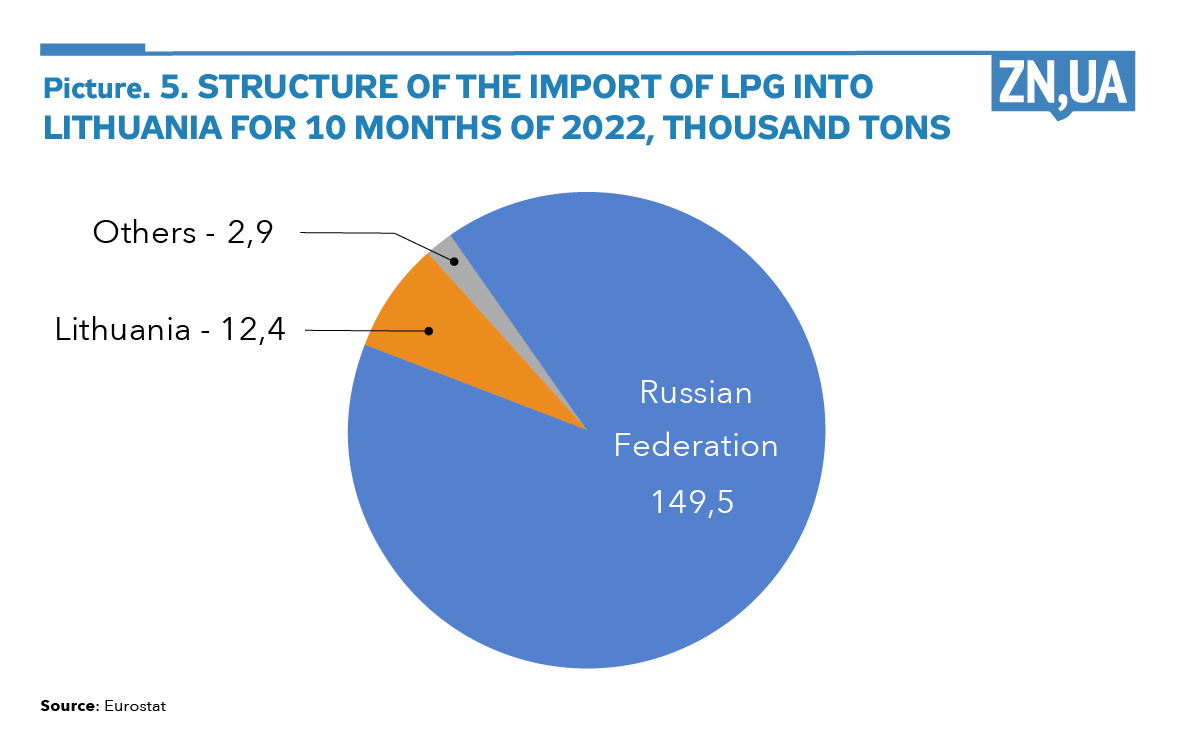
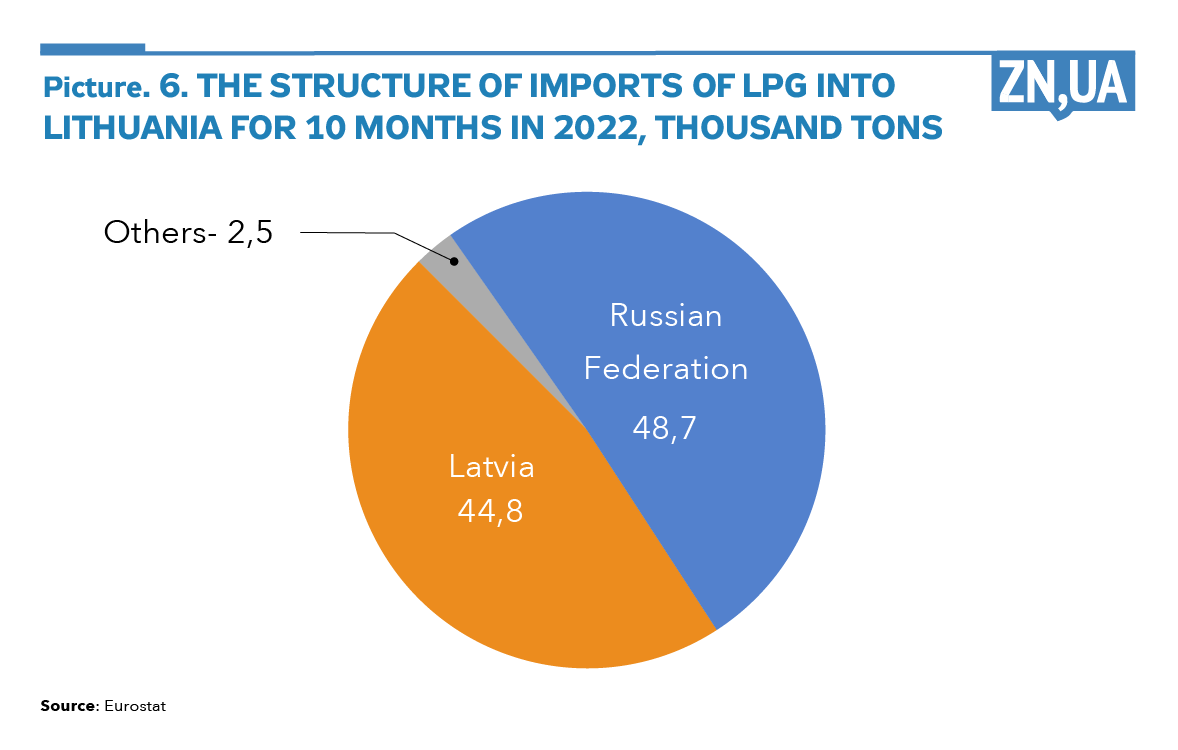

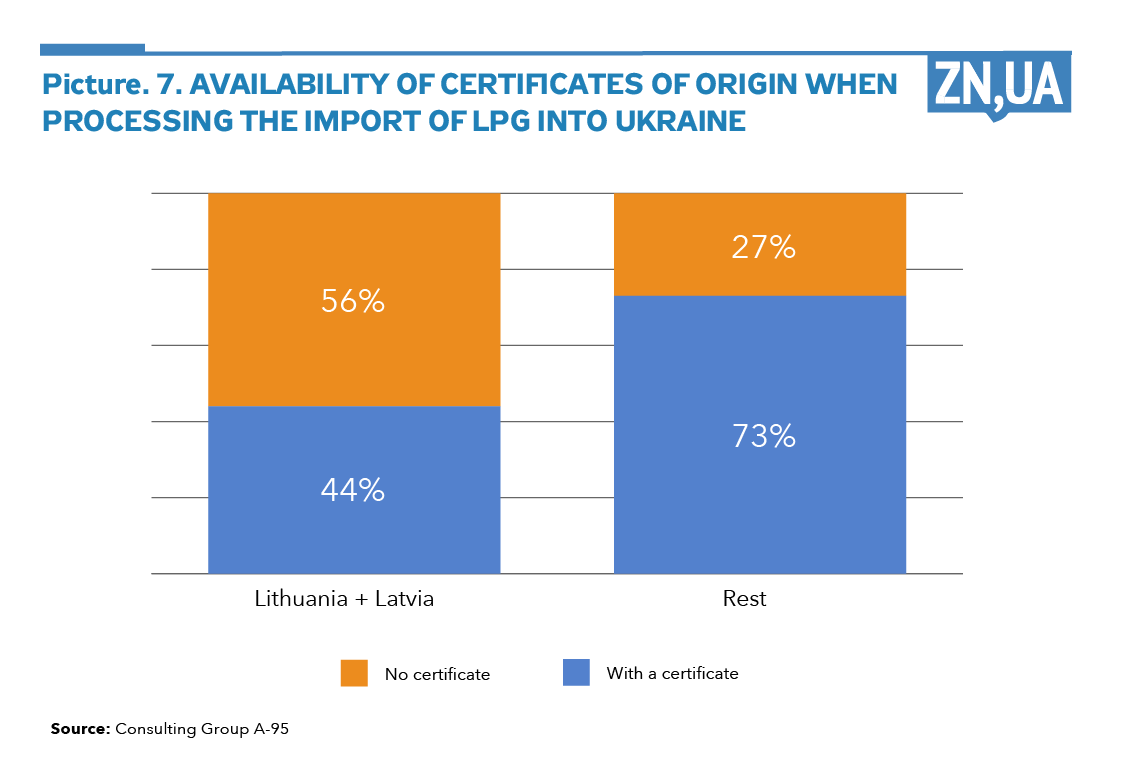
 Login with Google
Login with Google